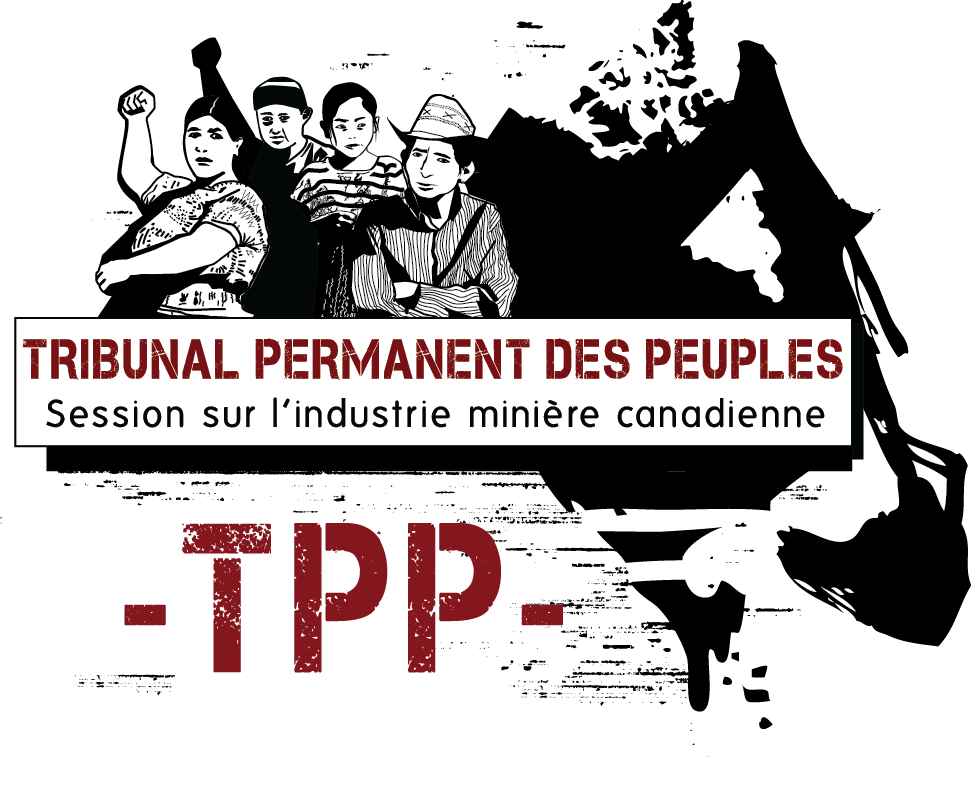The Permanent Peoples’ Tribunal (PPT) was established in 1979 in Bologna, Italy. Founded by Italian lawyer and Senator Lelio Basso, the Tribunal was formally inaugurated by socially committed lawyers, human rights defenders and Nobel Peace Prize recipients.
The PPT is the child of two foundational events: the adoption of the Universal Declaration of the Rights of Peoples in 1976 in Algeria, which would become the constitutional charter of the PPT, and the conclusion of the second Russell Tribunal. In 1966, philosophers Bertrand Russell and Jean-Paul Sartre led an international opinion tribunal on the war crimes committed in Vietnam. A second Russell Tribunal, in 1976, highlighted the human rights violations carried out by the military dictatorships of Latin America. The PPT extended the scope of these international opinion tribunals by creating a permanent instrument for the promotion of human rights.
The PPT, headed by the Lelio and Lisli Basso Foundation, is an independent body that emerges from and responds to civil society. Its mandate is to examine cases of human rights violations upon request from individuals or civil society organizations. PPT sessions focus on situations where national and international justice systems are found to be incapable of ensuring that rights are respected. The PPT exists because it has been shown that the current international and national legal systems are unable to guarantee universal and effective respect for human rights. Rather, people themselves must re-imagine, occupy and appropriate the legal process to actively defend their rights.
At present, 39 PPT sessions have already been carried out across the world. The issues examined have been incredibly diverse: minority rights in the context of decolonization, environmental risk, and the economic impacts of globalization. The common objective of these sessions has been to identify and bring to attention human rights violations and situations of impunity, and to provide a forum for communities to make their voices heard.
The PPT process is based on international law and requires a rigorous examination of facts and context. Once a session is concluded, the verdict and resulting reports are widely disseminated to social movements, state institutions and diverse United Nations commissions.
“The needs of public conscience can become a recognized source of law […] and a tribunal that emanates directly from the popular consciousness reflects an idea that will make headway: institutionalized powers and the people, from whom the former claim legitimacy in actual fact tend to diverge and only a truly popular initiative can try to bridge the gap between people and power” – Lelio Basso



